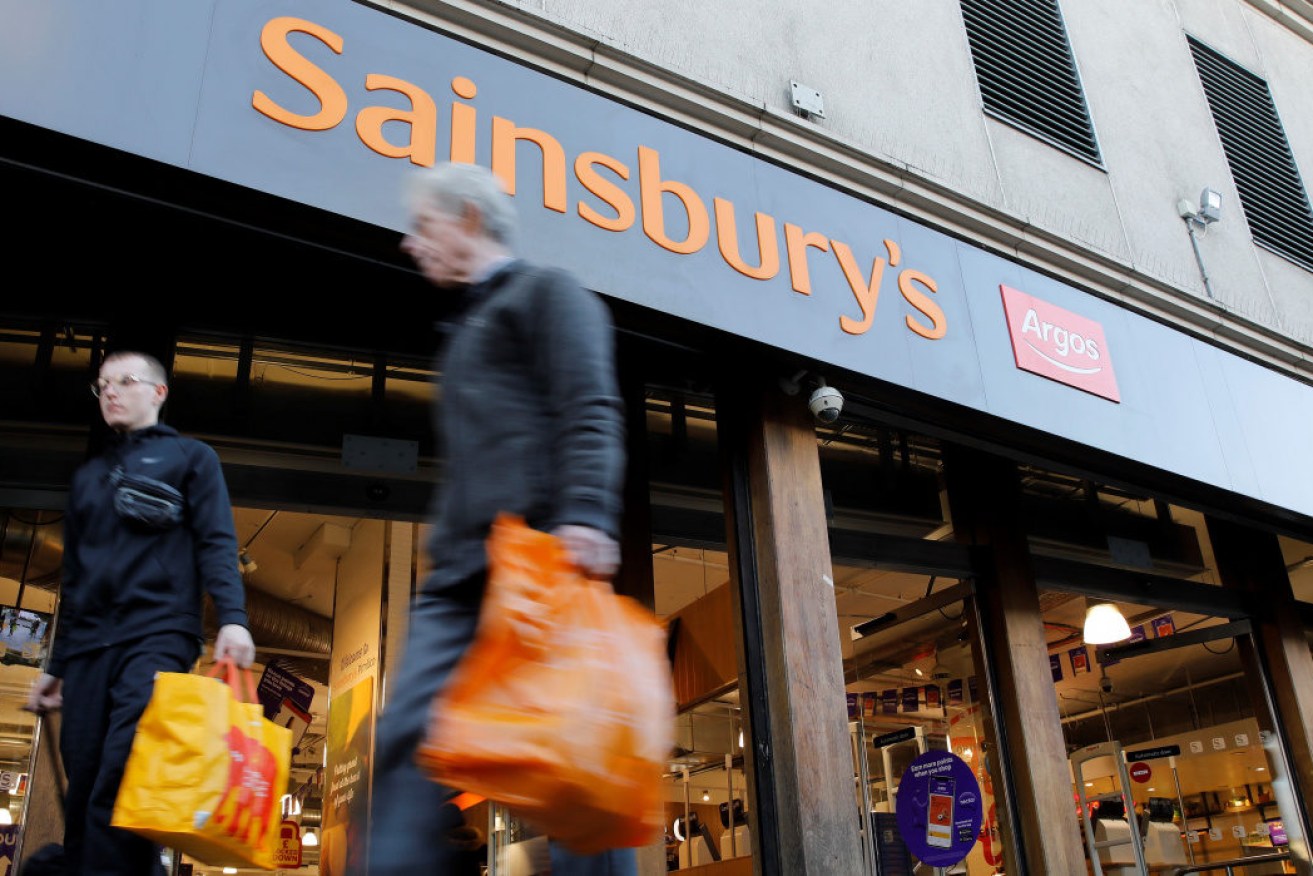The power of private labels drives Coles’ deal with Sainsbury’s


Coles will use UK supermarket Sainsbury's supply chain to bring new private label products to Australia. Photo: Getty
From pre-made meals to health food and icecream, Australia’s supermarket shelves are now stacked full of private label products of every kind.
On Monday, Coles announced a new partnership with British supermarket giant Sainsbury’s, opening the pantry door to a new range of private label products already popular abroad.
Under the deal, Australia’s second-biggest supermarket will be able access Sainsbury’s supply chain to source new products for its Coles Own Brand range, with the results set to appear on shelves in late 2020.
So what’s driving the rise of private label products, and are they a win for consumers?
From poor cousin to supermarket king
Once the poor cousin of name-brands, Supermarket private label products have become popular choices among shoppers, offering good quality at prices that undercut the competition.
Popular own-brand offerings are now critical to success for supermarkets, accounting for a large portion of shelve space and profits.
In 2019, Coles added 1200 private label products to its range. Private label items now comprising around 30 per cent of sales, with management looking to boost that to 40 per cent in the next few years.
The Sainsbury’s partnership will “accelerate the introduction of innovative products to Coles Own Brand” by opening up “a range of food and groceries that are already proven in the international market but not yet available in Australia,” Coles chief executive Greg Davis.
For discount supermarket Aldi, private label products have been key to its successful expansion into Australia over the past two decades.
Aldi stocks the highest proportion of own-brand items of any Australian supermarkets, with private label products filling around 70 per cent of its shelves.
Private label products “allow supermarkets to better control the supply chain, all the way through from manufacturing to products being available on supermarket shelves,” University of Tasmania retail expert Louise Grimmer said.
Crucially, they also foster customer loyalty.
The “sole intention” driving the rise of private label products is for supermarkets to “move customers from the competitor’s product or product range to the supermarket private label offering, Dr Grimmer said.
“This then encourages product loyalty and encourages shoppers to shop with a particular supermarket chain in order to access the private label products.”
Pros and cons for consumers
Private label products are now “much more accepted by consumers than they were even a couple of years ago”, Dr Grimmer said.
“Once upon a time private label brands were considered just to be for the price-conscious shopper but increasingly supermarkets are seeing that consumer demand for private label products are growing,” she said.
Private label products are now ubiquitous across all price tiers, from no-frills to premium , as well as in specific categories such as health and beauty.
However, one current downside for consumers is that private label food items often fall short when it comes to health.
In April, a study by the George Institute showed that while Australia’s four major supermarkets (Woolworths, Coles, Aldi, and IGA) are increasingly stocking their shelves with own-brand products, they aren’t always a healthy choice.
Woolworths private label range were identified as the most healthy with an average Health Star Rating of 3.2 followed by Coles with 3.0, ALDI with 2.7 and IGA with 2.6, the study found.
The study also found that nearly half of all processed foods on supermarket shelves are ‘discretionary foods’ – foods that are not a necessary part of a person’s diet.
While shoppers will benefit from “higher quality and a wider range and variety of cheaper private label brands” it will come at a price, Dr Grimmer said.
“National and manufacturer products will increasingly find shelf space is at a premium as private labels start to take up more space on supermarket shelves,” she said.
“This will impact on the choice and availability of not only well-known brands but also on the ability for smaller and independent manufacturers and producers to sell their products in major supermarkets.”








